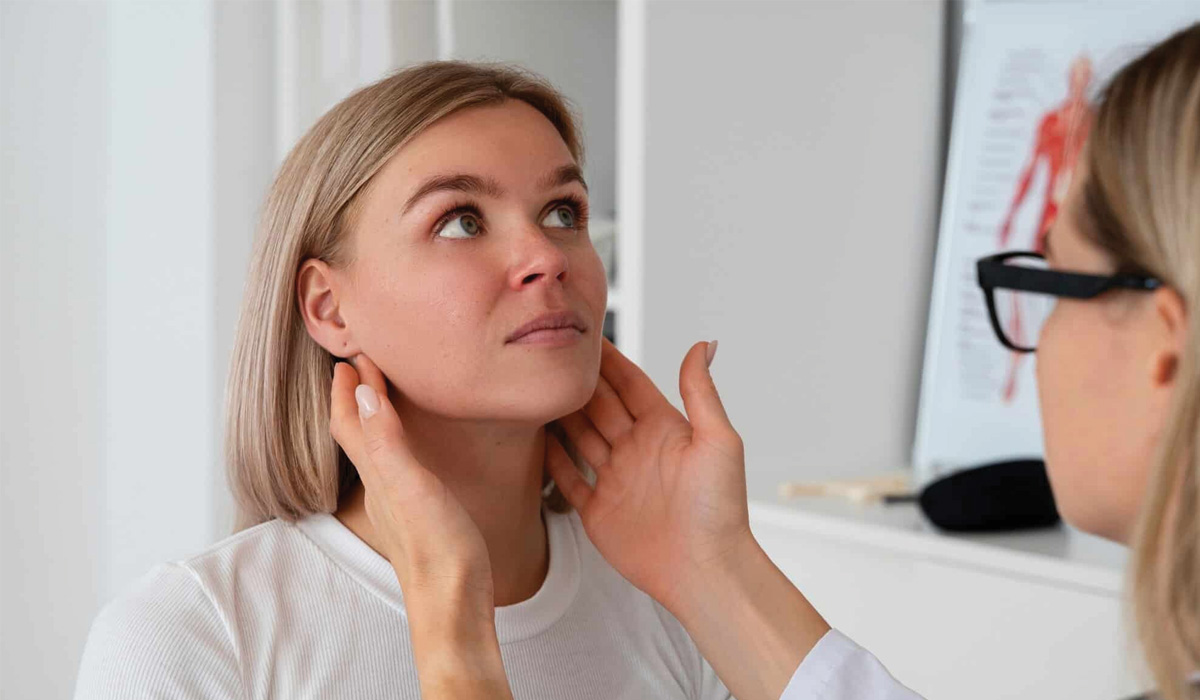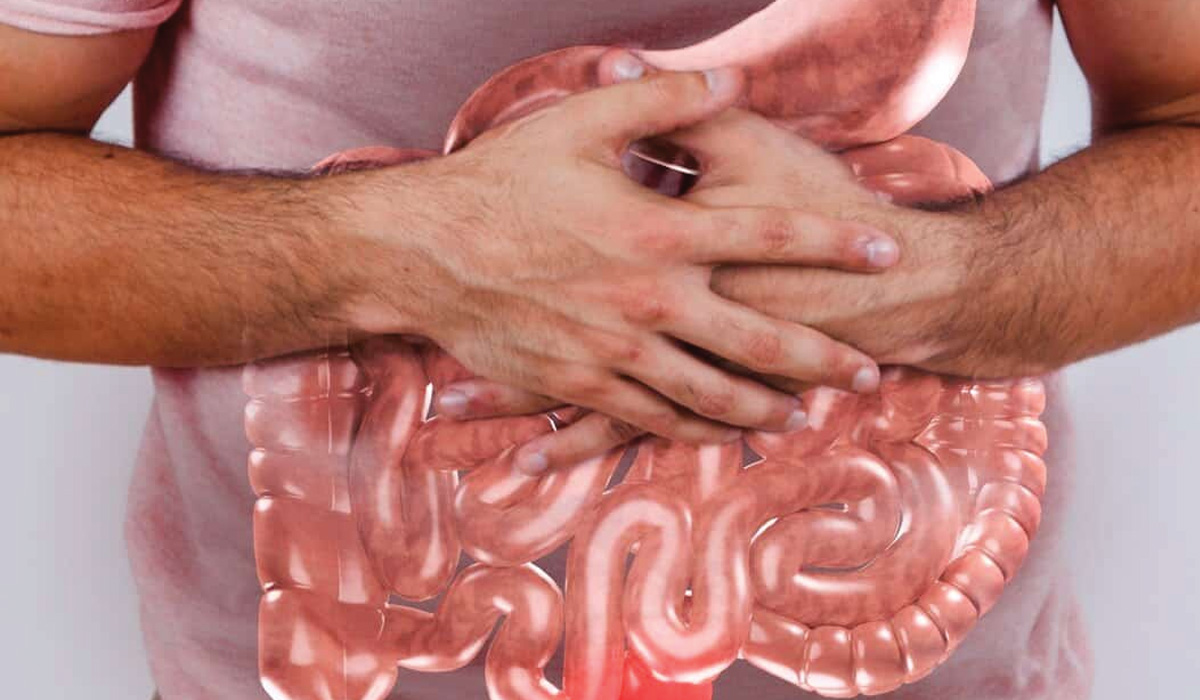Treatment options and pricing
Browse and click below to book any of our available service.
Women’s Health Nutritional Therapy Initial Consultation
Included in the Women’s Health Nutritional Therapy Initial Consultation
Your initial consultation includes a full review of symptoms, medical history, diet, lifestyle, and blood results where available. We create a personalised nutrition and lifestyle plan to support hormone balance, fertility, menopause, energy, and overall wellbeing.
Women’s Health Nutritional Therapy Follow-up Consultation
Included in the Women’s Health Nutritional Therapy Follow-up Consultation
Follow-up sessions review your progress, refine your personalised nutrition and lifestyle plan, address challenges, and provide ongoing guidance to support hormone balance, fertility, menopause, energy, and overall long-term wellbeing.
Common Q&A about Nutritional Therapist for Women’s Health
Our FAQ section is designed to address common questions you may have, from how our treatments work to what you can expect during and after your session.
Our team is always available to provide additional support if you need more personalised guidance, ensuring that you feel informed and confident every step of the way.
Yes. Nutrition affects oestrogen, progesterone, and insulin pathways, helping to reduce PMS, PCOS, and perimenopausal symptoms.
A Mediterranean-style diet and foods rich in phytoestrogens (soy, flaxseed, legumes) are linked with reduced hot flushes and improved heart health.
Yes. Nutrients such as folate, iron, iodine, and omega-3s play key roles in fertility and pregnancy outcomes.
Absolutely. Proper nutrition during pregnancy supports foetal development, reduces complications, and improves maternal health.
Yes. Diet strategies focusing on blood sugar regulation, weight management, and micronutrient balance are highly beneficial in PCOS.
Calcium-rich foods (dairy or fortified alternatives), vitamin D, leafy greens, nuts, and seeds support bone density and reduce osteoporosis risk.
Yes. Balanced meals with adequate magnesium, B-vitamins, and omega-3 fatty acids can reduce mood swings, bloating, and cramps.
It depends on individual needs. Common requirements include folate pre-pregnancy, vitamin D year-round, and targeted support for menopause.
Most women start with one consultation plus two follow-ups, though complex hormonal or fertility concerns may need longer-term support.
You can book online or by calling our reception. In-person consultations are available in Leicester, with online sessions UK-wide.
References
- Lanou, A.J. et al. (2022) ‘Nutrition and bone health in women: an evidence-based review’, Nutrition Reviews, 80(2), pp. 176–188.
- Lim, S.S. et al. (2019) ‘Lifestyle and dietary management in polycystic ovary syndrome’, BMC Women’s Health, 19, 57.
- Skeaff, C.M. et al. (2020) ‘Dietary interventions for menopausal symptoms’, Maturitas, 135, pp. 28–36.
- World Health Organization (2016) WHO recommendations on antenatal care for a positive pregnancy experience. Geneva: WHO.
Advice from the experts
Read clear, expert advice from our clinicians, offering trusted advice, clinical insight, and practical guidance to help you understand your treatment and care options.
Symptom checker
If you are experiencing any of these symptoms, please book an appointment with us. Symptoms can vary from person to person and from condition to condition.A proper diagnosis can only be made through a thorough medical examination.
Our clinicians will carry out a full assessment to ensure an accurate diagnosis and appropriate care.
Are you experiencing PMS, irregular cycles or other hormone‑related symptoms?
Nutrition plays a key role in hormone balance; tailored dietary support can help ease PMS, cycle irregularities and hormone shifts.
Do you have fatigue, low energy or brain fog affecting your daily life?
Diet and nutrients directly affect energy and focus; a nutritional therapist can identify gaps and optimise meals to improve overall vitality.
Are you planning pregnancy, undergoing fertility treatment or already pregnant?
Specific nutrients like folate, iron and omega‑3s support fertility and healthy pregnancy outcomes when applied through personalised plans.
Is menopause causing hot flushes, sleep problems or mood changes?
Nutrition strategies (e.g., phytoestrogen‑rich foods) can help manage menopause symptoms as part of a comprehensive women’s health approach.
Do you struggle with bloating, weight changes or digestive discomfort?
A nutritional therapist assesses diet and gut responses to reduce bloating, support weight goals and improve digestion.
Are you concerned about long‑term bone, heart or metabolic health?
Supporting bone density and cardiovascular wellbeing through diet and key nutrients can reduce long‑term health risks for women.
What we treat
At The Health Suite Leicester, our private medical clinic offers expert care whenever you need it. Our team of experienced GPs and healthcare professionals provide personalised diagnosis and treatment for a wide range of medical conditions, ensuring high-quality, professional care in a comfortable setting.
Click below to view useful info on a few of the common conditions we treat:
Hormone balance & menstrual health
Tailored nutrition plans to help regulate hormones, reduce PMS/PCOS symptoms and support menstrual wellbeing.
Fertility & pregnancy nutrition
Guided nutrient optimisation — including folate, iron, iodine and omega‑3s — to support conception and pregnancy health.
Perimenopause & menopause support
Dietary approaches that ease hot flushes, mood changes and metabolic shifts during menopause.
Energy, metabolism & weight goals
Nutritious eating strategies to balance blood sugar, enhance energy and support healthy weight.
Digestive and gut health
Assessment and improvement of digestion, reducing bloating and food‑related discomfort.
many more
Our clinicians manage a broad spectrum of conditions, and individual assessment allows us to tailor care beyond the examples listed. We encourage you to book a consultation to discuss your symptoms and appropriate treatment options.








